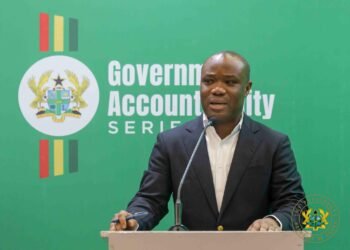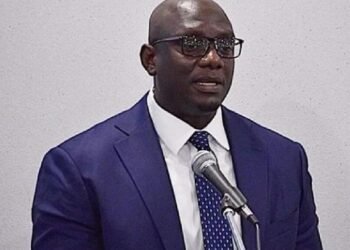Ghana’s Minister for Health, Hon. Kwabena Mintah Akandoh, has revealed a major health sector initiative aimed at expanding access to dialysis treatment across the country.
According to the Minister, the government will, within the next two to three months, commence a large-scale distribution of dialysis machines to health facilities nationwide, particularly targeting underserved regions in the northern parts of the country.
For the Minister, the effort is part of a comprehensive intervention to address long-standing challenges in kidney care services and bring relief to many patients struggling to access life-saving dialysis treatment.
“In the next two to three months, I can tell you that dialysis machines will be one of the most common machines we have in this country. As I speak to you now, I have more than seven proposals on my desk that we are working on. We are going to do the regional distribution. So it’s something we are tackling seriously.”
Hon. Kwabena Mintah Akandoh, Ghana’s Minister for Health
The Minister’s comments follow growing public concern over limited dialysis infrastructure in Ghana’s public health system. Many Ghanaians have had to travel long distances or depend on a few overburdened urban hospitals, such as Korle-Bu Teaching Hospital and Komfo Anokye Teaching Hospital, for dialysis services.
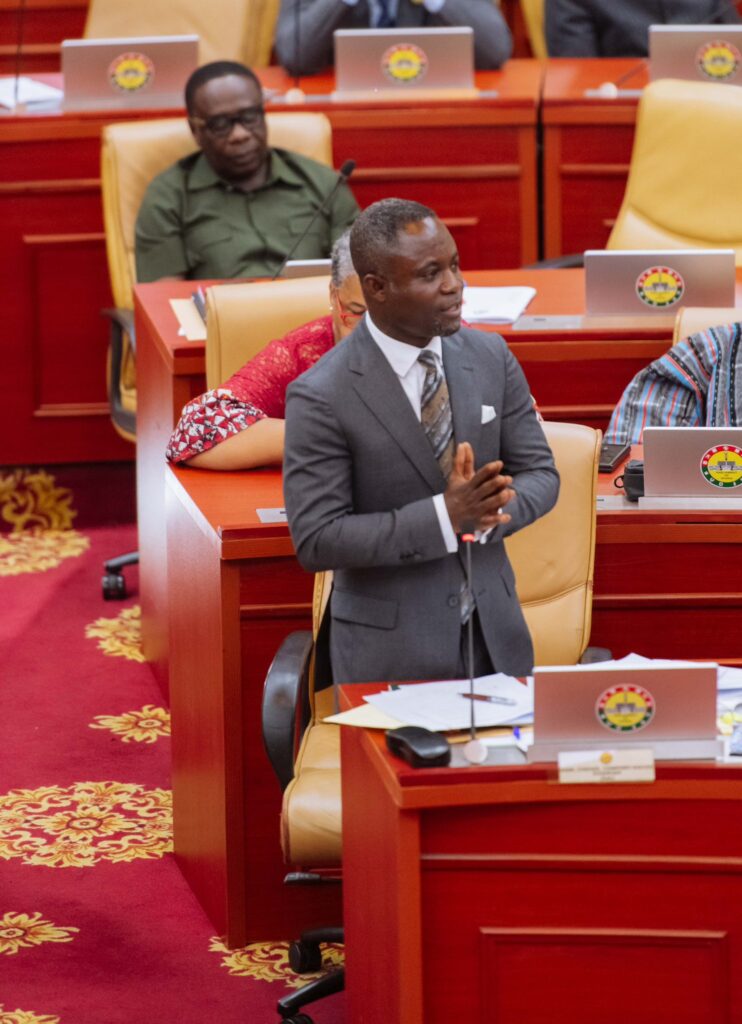
These conditions, health advocates argue, have resulted in delayed treatment, increased mortality, and high financial burdens on families.
The Minister firmly denied that the announcement was merely “political talk, insisting that the groundwork for the dialysis expansion had already been laid long before going public.
“Oh no, no, no, no. I mean, we started working on this not today. Before I talk about it on air like this, I know where we are at the moment. We’ve received [proposals], I mean, people are ready.”
Hon. Kwabena Mintah Akandoh, Ghana’s Minister for Health
Deployment of 1000 Dialysis
Hon. Akandoh added that the government expects to acquire and deploy up to 1,000 dialysis machines under the current initiative. “All put together, we are looking at almost a thousand machines. You understand? And so very soon, I will invite you and you’ll see what we are doing,” the Health Minister assured.
He further explained that the Ministry is already engaging health facilities across the country—particularly in northern Ghana—to identify suitable locations and available space for the installation of the dialysis units.
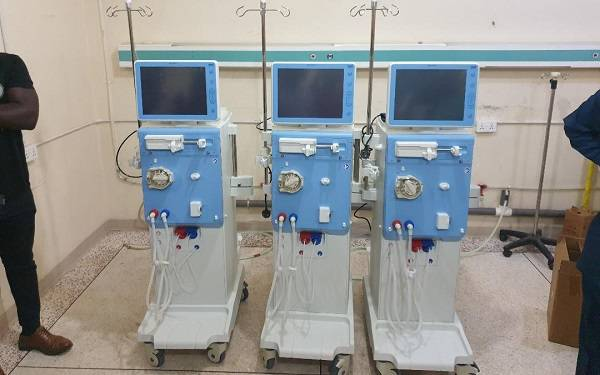
He disclosed that discussions with interested private partners are ongoing, and formal Memoranda of Understanding (MOUs) are being finalised to ensure the full rollout of the initiative.
“We are reaching out to all the health facilities, especially in the northern part of the country, to give us where we can have spaces to begin to install them. We are working on the MOU with these partners, and very soon we will even publish it in the media. Whoever is interested and wants to come on board is welcome.”
Hon. Kwabena Mintah Akandoh, Ghana’s Minister for Health
The Minister’s promise comes at a time when Ghana is grappling with a surge in chronic kidney disease cases, many of which are linked to hypertension, diabetes, and late-stage diagnoses.
Access to timely and consistent dialysis treatment remains essential to managing these cases, yet current capacity has not kept pace with rising demand.
Civil society organisations and health professionals have repeatedly called for urgent reforms to address this growing public health crisis, including increased investment in dialysis infrastructure, reduction of treatment costs, and wider geographic access.
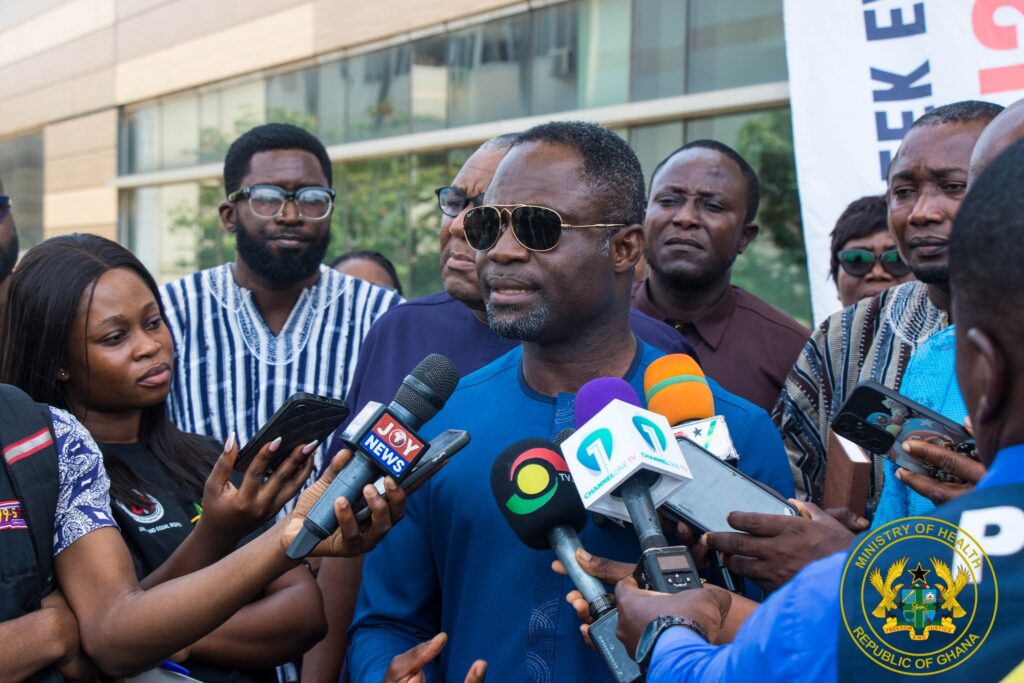
Hon. Akandoh’s remarks signal renewed political will to address one of the most pressing needs within Ghana’s health sector. If fully implemented, it is expected to significantly reduce the treatment gap and save thousands of lives.
It is the hope that the Ministry would ensure that these machines are not only delivered but also maintained properly and integrated into a larger framework of kidney disease awareness, early detection, and follow-up care.
READ ALSO: Engen Ghana Rebrands as MISA Energy with Bold Vision for Growth




